
Extreme weather phenomena and disinformation are considered by experts to be among the greatest risks facing humanity in the medium and short term. There are also concerns about the risk of societal polarization and cyber security, according to the report on global risks drawn up by the World Economic Forum in Davos (WEF).

Polish conservatives are seething after losing control over public media and two PiS MPs were arrested. Is it the end of Kaczyński-style politics, or the beginning of a lasting political war?

The US and the UK have bombed targets in Yemen. The operation, aimed at deterring further attacks by the Houthi militia in the Red Sea, could cause an escalation of the conflict in the Middle East.

2023 showed how serious the climate change issue really is. Although efforts have been made to switch to green energies and reduce emissions, the crisis is far from being resolved.

In 2023, Moscow used fake narratives to justify its aggression in Ukraine. In addition, NATO, the EU and the United States continued to be Russian propaganda targets.

2023 marked Bulgaria's exit from political crisis with the formation of a pro-Western government. On the other hand, he continued pro-Russian narratives continued to be promoted.

The narratives were launched / amplified by Moscow and pro-Russians, and the theses included Moldova’s involvement in the war in Ukraine, an attack on Transnistria and EU rapprochement.

The colonization of Romania, the war in Ukraine, conspiracy theories related to the "sanitary dictatorship" and climate change have been the favorite topics for most of the year’s false narratives.

The European Council's decision to start accession negotiations with Ukraine and the Republic of Moldova and to grant candidate status to Georgia indicates Brussels' desire to play a more active role in foreign policy. There are several reasons for this.

The recent scandal at the OpenAI company has refueled fears about a potential apocalypse triggered by computers, although for the time being the threat seems anchored in the distant future.

Finland closed its land border with Russia due to a hybrid threat, and Estonia may follow suit, although it has not done so yet.

The struggles of the Polish conservatives to retain power as much as possible after losing the elections, but also the process of taking over the government by pro-Europeans, were enjoyed as a public spectacle.

The European Council has greenlit EU accession talks with Ukraine and Moldova despite Hungary’s opposition. Veridica has examined Budapest’s counterarguments and the way the announcement was received in Kyiv and Chișinău.

A Russian-inspired sovereigntist law proposed by Viktor Orban's party targets the press, civil society and the opposition. In parallel, FIDESZ promotes anti-EU messages in the election campaign.

The Metropolitan Church of Moldova has criticized the Moscow Patriarchate, as Moldovan priests are calling for the annexation of their Church to the Romanian Patriarchate. The latest developments are tied to the Russian Patriarch’s support for the war in Ukraine.

The lack of progress on the front, domestic issues and allies’ fatigue may push Ukraine towards a peace with Russia. This would lead to a break with the West and fuel Moscow's imperialist ambitions.

Bulgaria is sobering for the fact that the uphill battle to become part of the Schengen Area is far from over and even out of the country’s immediate control of the events.

There are worries in the Baltic States that a new Donald Trump may mean chaotic US policies. If Joe Biden stays, it would be “business as usual”.

In Estonia, Hamas’ attack on Israel and the subsequent military operation in Gaza were perceived as a threat to the country’s own security.

Bin Laden’s “Letter to America” is an ultimatum and a death threat to the collective West. Many of those hailing and sharing it are the very people al-Qaeda would hunt.

The aggressiveness of Putin’s regime has been described as a trait of the Russian people. The same pseudo-scientific generalizations were also used to describe Nazi Germany.

The recent killing of a Georgian by Russian troops brought into spotlight Moscow’s policy of encroaching of Georgian land. It was also an attempt to sabotage Tbilisi’s EU integration.

Attacks by pro-Iranian Shiite groups have fueled concerns about an escalation of the war in Gaza. Iran doesn't seem to want a war, but a miscalculation could escalate the situation.
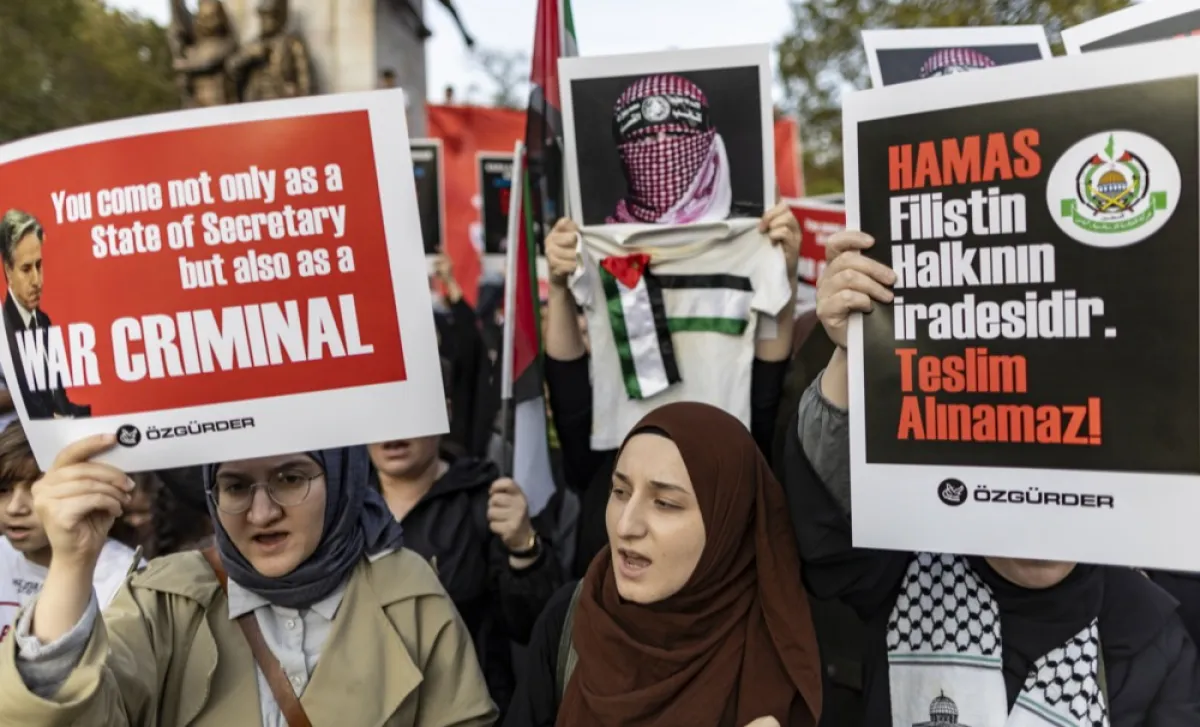
Turkey refused to condemn Hamas’ attack and criticized Israel in hopes of electoral gains for Erdoğan's Islamists. However, Turkey's regional interests will suffer.

The Latvians have been less involved lately in helping Ukrainians, as the war fatigue and domestic economic problems are taking their toll. However, the level of support is still high.
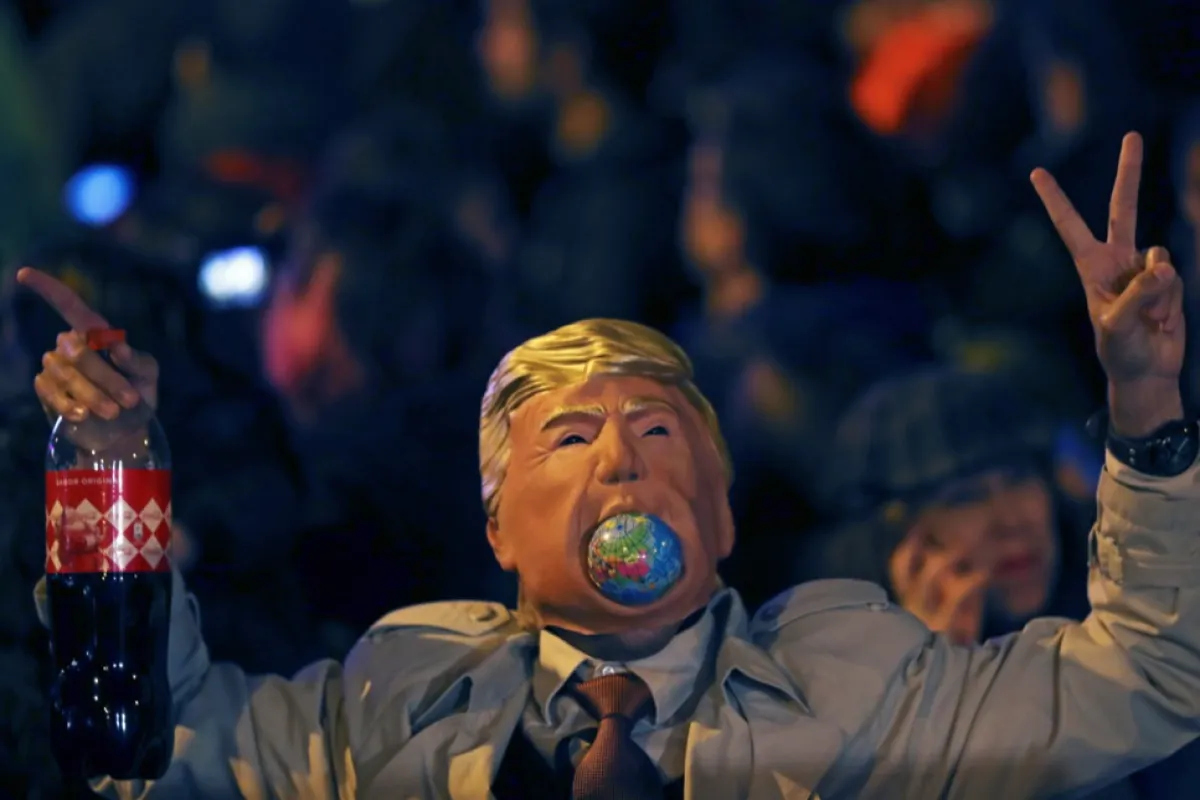
Populist rhetoric defending “economic interests” and the real economic costs undermine the fight against climate change, fueling climate revisionism.
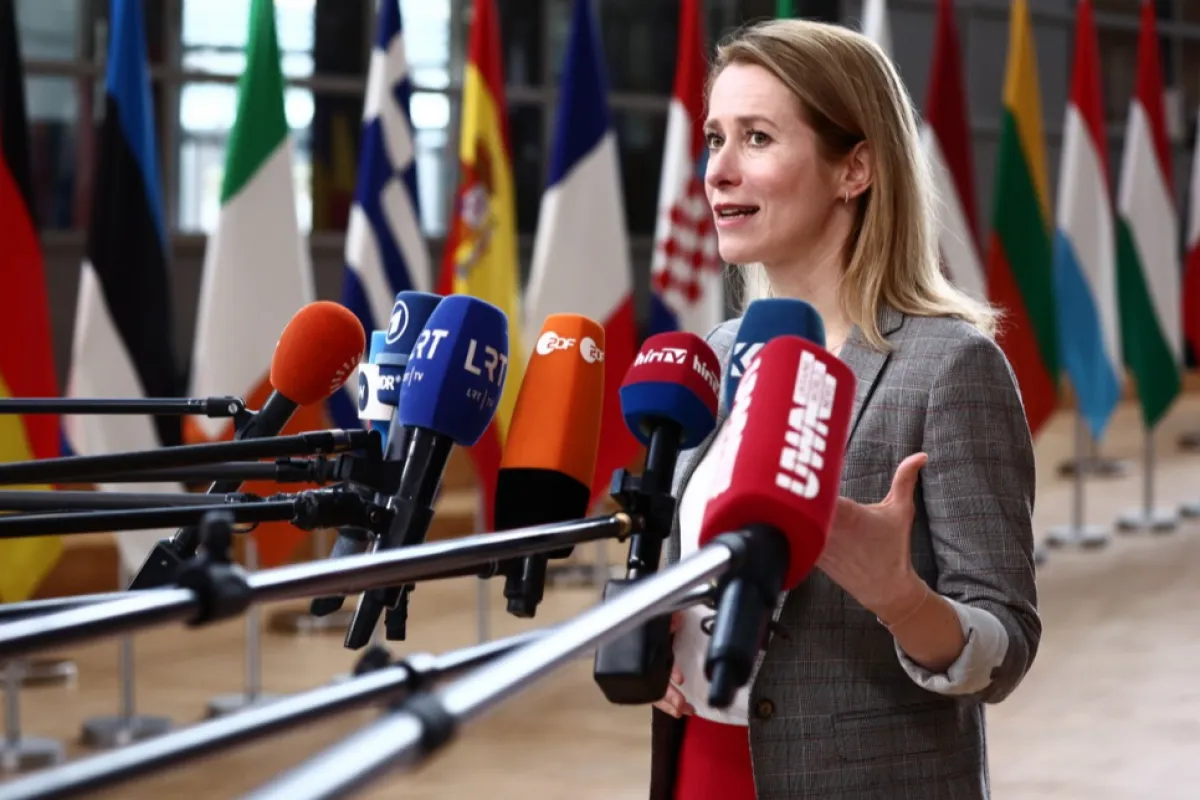
Estonia has pleaded tough sanctions against Russia, and yet Estonian entities and persons – even from the Prime minister’s family – have been breaking some of the existing sanctions.

The war pitting Israel against Hamas could produce long-lasting effects, from a resurge of Islamist terrorism and compromising any hope of reconciliation between Israel and Arab countries, to the destabilization of the entire Middle East.
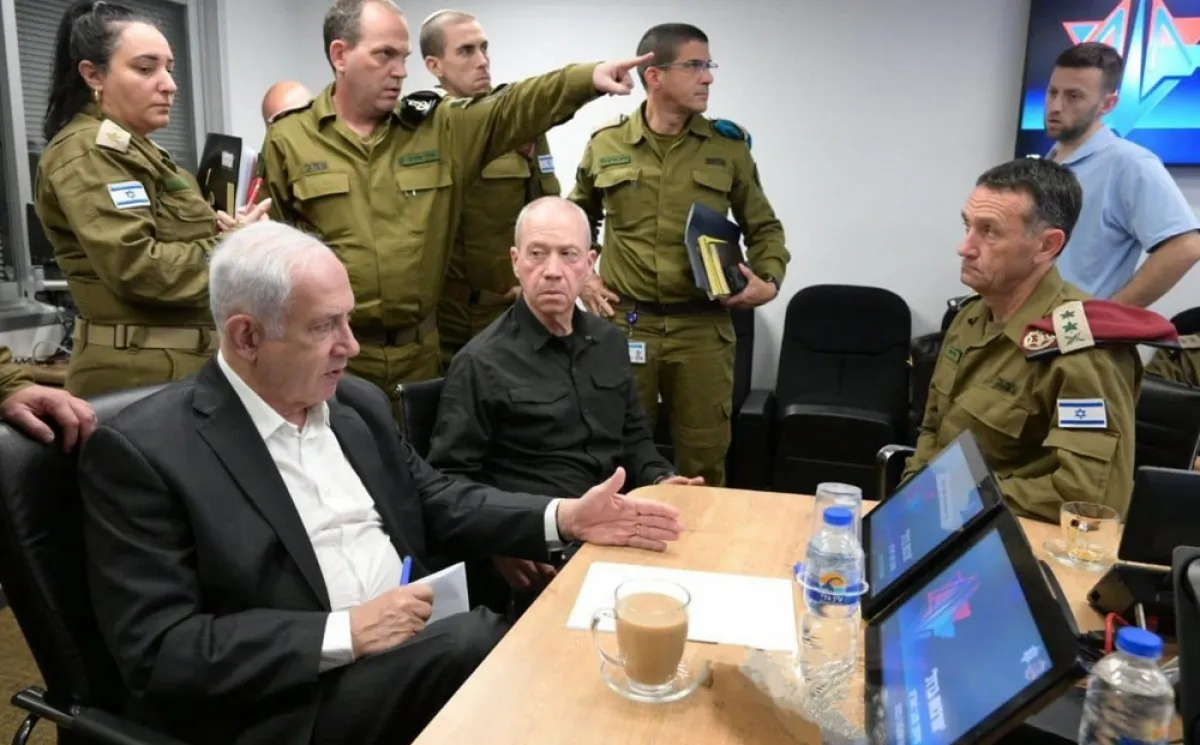
Israelis were shocked that Hamas had organized such a large-scale attack without the security services finding out. Will Netanyahu pay the political price for this failure, or will the formation of an emergency government save him?
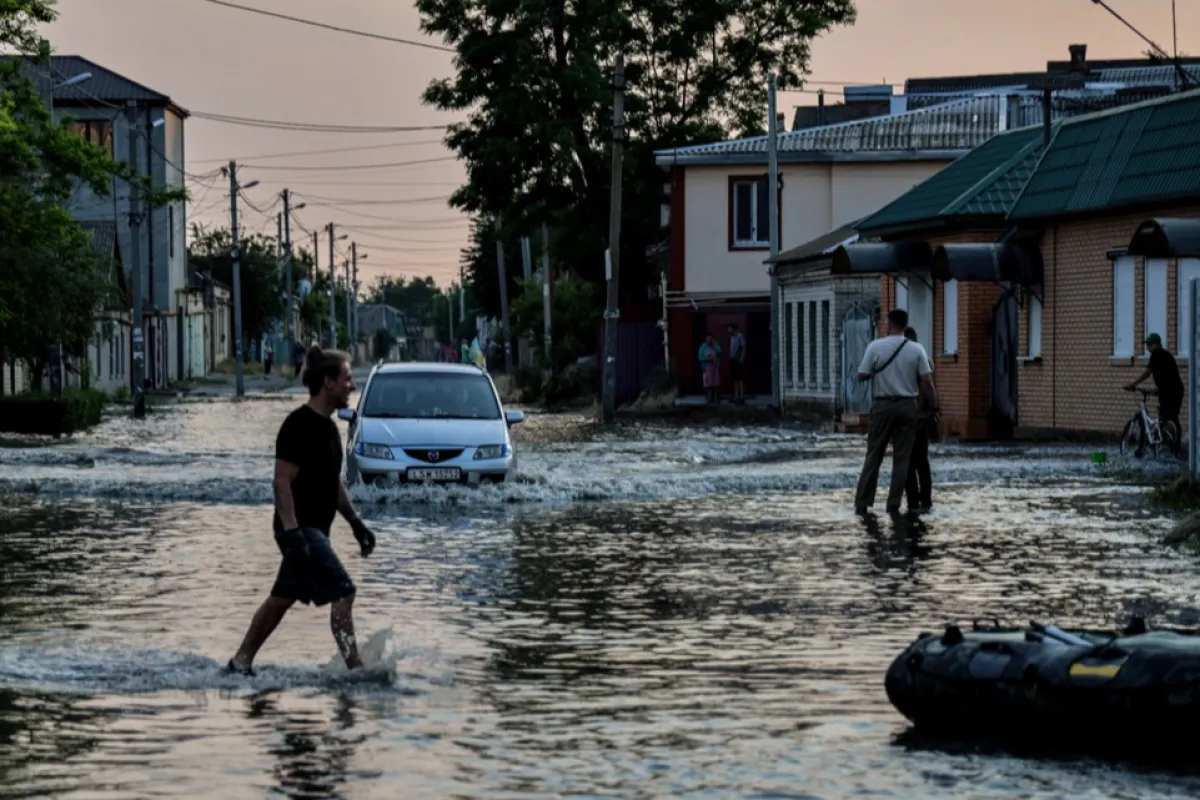
Russia has claimed for years that Ukraine has biological laboratories and says its attack was meant to destroy those labs. The narrative was also included in the disinformation about the destruction of the Nova Kakhovka dam.

The (Pro)Russians claim that Ukraine will cause a nuclear incident. The narrative is meant to undermine support for Kiev and has been promoted in Eastern Europe as well.

As experts warn that Georgia will not be granted EU candidate status this year, authorities allege there was a coup plot and the parliament impeaches the president.